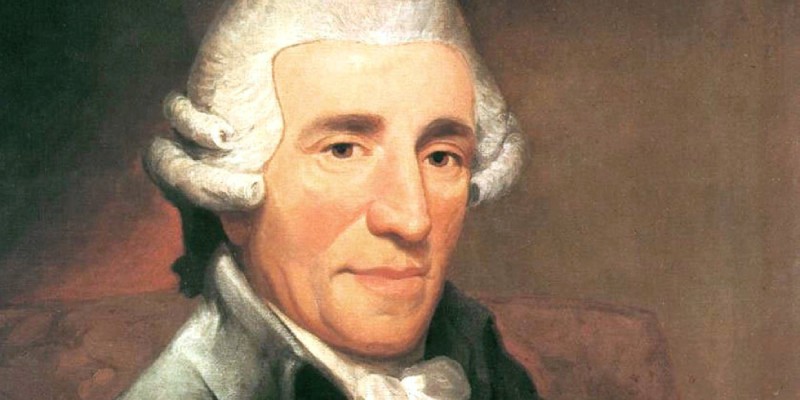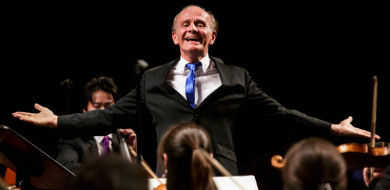Sometimes called the “Father of Symphony” or the “Father of the String Quartet,” Franz Joseph Haydn’s pivotal role in birthing the Classical Era is unquestioned. His influence on other masters like Beethoven and Mozart is common knowledge. By one estimate, he composed over 340 hours of music, more than Mozart, Beethoven, Handel or Bach. He is credited with inventing the string quartet as we know it, and with being the main architect of the classical formats. He taught future great composers – Beethoven was his most prized pupil. Haydn left Esterházy’s employ in 1791, and was quickly invited to London to conduct new symphonies with German violinist Johan Peter Salomon performing. He composed some of his best loved works while in London, including the Surprise Symphony. He was moved by the patriotism of the British national anthem, which inspired him to compose his own patriot work. The result was a melody he wrote for the poem, “Gott erhalte Franz den Kaiser” (“God Save Emperor Franz”) written by Lorenz Leopold. This hymn was developed into his String Quartet No. 62, Op.76 No.3 (Kaiser Quartet) and became the basis for both the German and Austrian national anthems.
By one estimate, he composed over 340 hours of music, more than Mozart, Beethoven, Handel or Bach.










